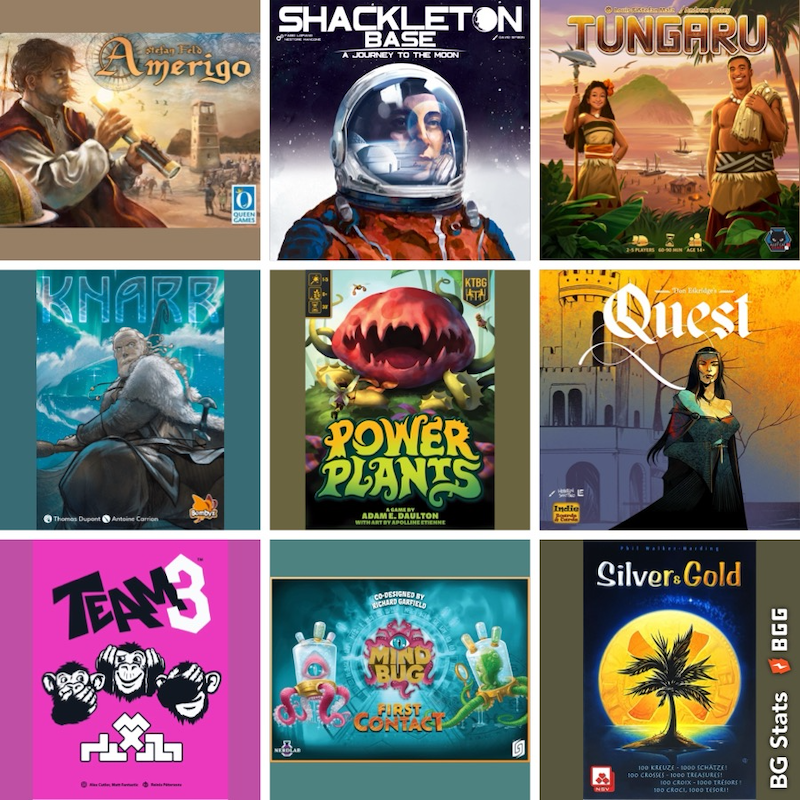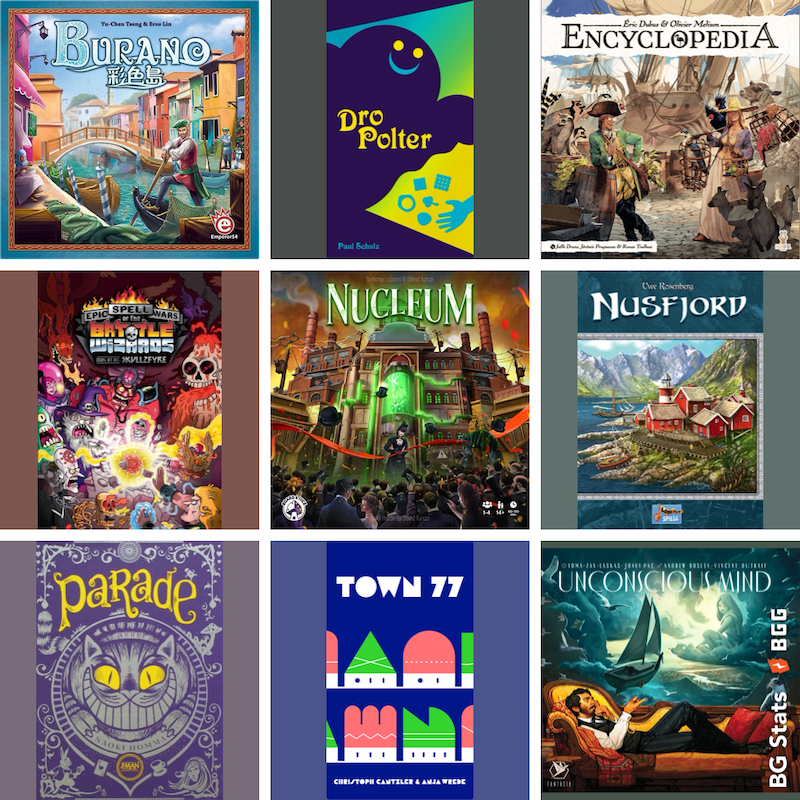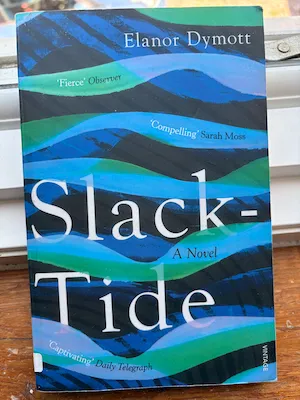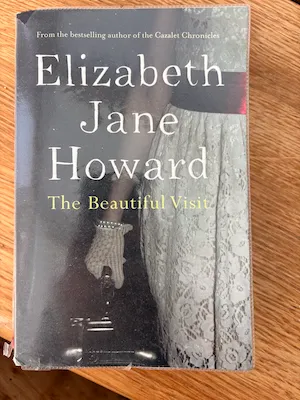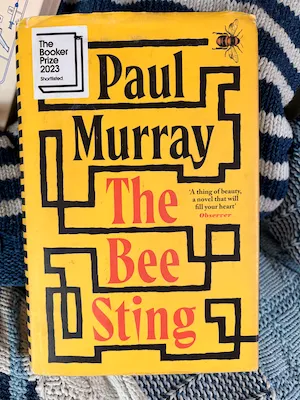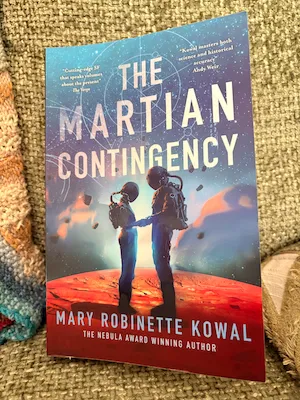Tell No One
by Harlan Coben
Thursday, July 11, 2002
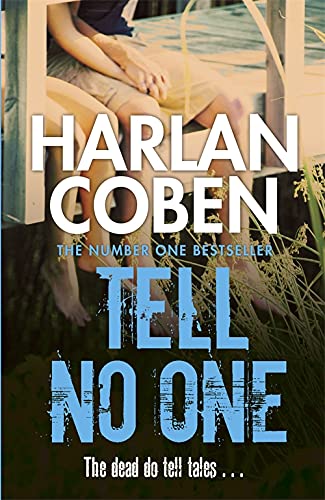
Before I read this book I’d heard that the ending was a bit odd and I’ve read advice to stop reading a few pages before the end which seemed like very very odd advice for a mystery. It’s also impossible advice to follow. As I neared the end of this book I found myself thinking “Well that’s not as bad an ending as I’d expected” and I just had one unresolved question that I wanted to read on and answer. But it’s the answer to that unresolved question that’s the weird thing at the end of the book, the weirdness in the ending is entirely necessary to complete the plot, to stop reading before the final ending would be to cheat and have read an entirely different story. As you can tell, it’s hard to explain this without explaining what the twist in the tale is which I’m trying not to do.
I’m torn between thinking the ending is bloody awful and thinking that it’s very clever, I’m not sure if I’ll make my mind up. It might be one of those things where I just have to accept that it’s both extremes together.
This story is mixture of mystery and suspense and concerns Dr David Beck (an unfortunate moniker on the right side of the Atlantic since it’s hard to read the book without picturing the English footballer David Beckham and it’s also hard to imagine David Beckham as a paediatrician) who gets sent an anonymous email to tune into a webcam at a certain time. When he looks at the webcam he sees his wife walk by - she died eight years before.
The narrative switches between a first person view and the odd section of third person view. In the beginning of the book these viewpoints are kept in separate chapters but as the book goes on they begin to flip back and forth more often and for shorter periods of time. I don’t have a huge problem with this device other than finding it a bit weird to have a first person narrator and yet to know more than him. On the whole it added to the suspense for the reader to have greater omniscience. It did get confusing in parts where it wasn’t immediately clear to me at the start of a section which viewpoint we had.
There’s a ton of technological bits in this book, lots of email, web stuff, digital imaging etc. I can’t help but wonder if Coben was planning on selling the film rights to this when he wrote it. My feeling is that it will make a better film than it does a book. The twist at the end would make you leave a cinema thinking whereas it makes you close the book shrugging.
On the whole it’s a good book if the ending doesn’t throw you too much, and you don’t let the prospect of a bit of bizarre stuff put you off the rest of the book. It feels like it was written both for the screen and to move Harlan Coben off the mystery shelves and onto the bestseller racks at airports. I can hardly blame Coben for wanting to make his fortune and he’s a lot better writer than many who feature on those bestseller racks.
[p.s. it looks like this will indeed become a film.]

